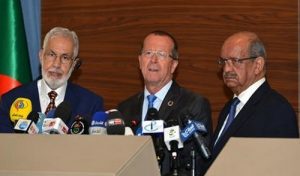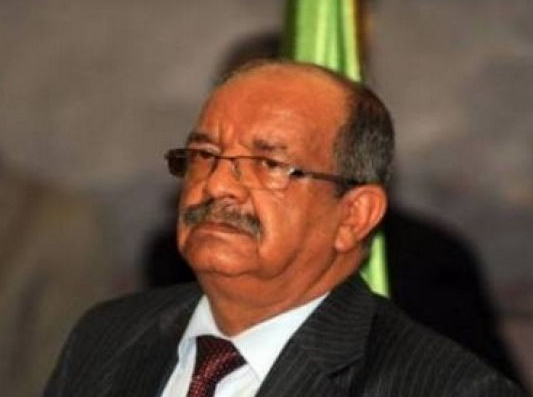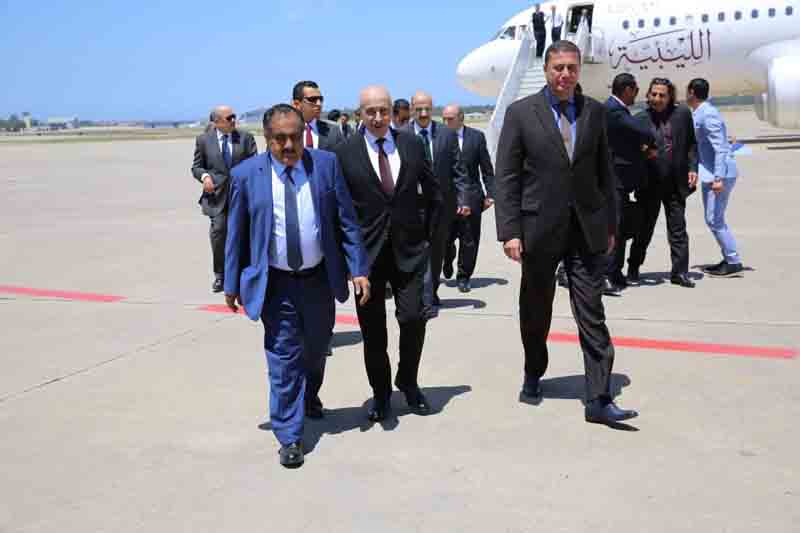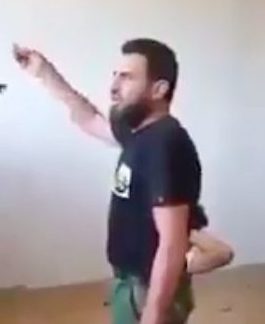By Jamie Prentis and Olfa Andolsi.

Tunis, 8 May 2017:
Libya’s neighbouring states have met today in Algiers and said that they hoped their twelfth meeting will be in Tripoli as a strong sign of their support for the country. Meanwhile Algeria’s Abdelkader Messahel has denied that their peace efforts constituted in any way outside interference in Libyan affairs.
Messahel, Algeria’s minister Maghreb, Arab and African affairs was in southern Libya over the weekend where he visited Ghadames and Ghat but pulled out of a scheduled trip to Obari because of concerns about the readiness of its airport, the Algerian government said.
Messahel had talks with UNSMIL chief Martin Kobler last night on the eve of the summit. He said afterwards that non-interference in the affairs of other countries was a sacred principle for Algeria. “ We are in the service of peace, not glory ” he said.
He said that the Libyan Political Agreement (LPA) had challenges which could be overcome by amendments to the document. He said that his recent meetings with key political players had been positive. He has had talks with House of Representatives president Ageela Saleh, armed forces commander-in-chief Khalifa Hafter, Presidency Council (PC) leader Faiez Serraj and State Council head Abdulrahman Sewehli. He insisted that all of them, especially Hafter, had agreed that the LPA represented the framework for a political solution. It was, he added, the cornerstone for agreement.
Among those attending today’s summit were the foreign ministers of Egypt, Tunisia, Sudan, Chad and Niger, as well as Kobler and the PC’s foreign minister Mohamed Siala.
Messaging after the meeting broke up, Kobler said that he was encouraged by Hafter’s willingness to accept the LPA as the basis for negotiations. He said he was also encouraged by the PC’s efforts to consolidate control over Tripoli’s “armed formations”.
He set out six principles of a renewed roadmap for peace insisting that negotiations on any amendments to the LPA had to include all parties. He called first for a reinvigorated process to create a single security apparatus and security track. All “security actors” should refrain from using violence.
Meanwhile the economy and financial situation had to be stabilised and this needed greater cooperation between financial and economic institutions and the PC . National reconciliation needed to be integrated decisively at all levels. He noted that the ability of Libyan leaders to bring about local ceasefires had proved a great asset. He called for democratically-elected mayors to be given more authority and funding while public services, security and governance were improved at local levels.
And finally he called on Libya’s neighbours to cooperate to bring political and military stakeholders back to the negotiating table. A strong Libya, he said, was vital for a strong region.











